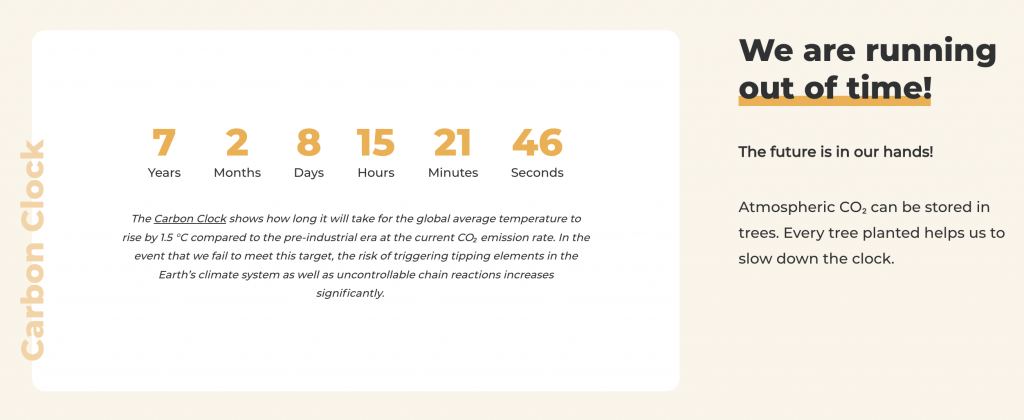Uganda as well as Indonesia rank very low on the transparency international corruption perceptions index with 144 and 96 respectively. The structural corruption, patronage, and nepotism is visible every day from police checks on the road to natural resource deals with top politicians:
“These days, Indonesians have rather a low tolerance for real corruption, for pure, self-serving greed […] That other type of ‘corruption’ – the one that leads to bad appointments and bad roads – is complained about endlessly. And yet no one gets voted out of power for that kind of patronage (In the 2004 elections in South Sulawesi, eleven of the thirteen provincial parliamentarians who had previously been convicted of corruption were re-elected”) That’s because everyone continues to expect their Big Men to deliver to their clan.” Pisani, Elizabeth. Indonesia, p.158. Granta Publications, London, 2014.
And as you get more involved, the boundaries of corruption and “a deal” get very blurry, particularly in Indonesia, a nation that has been successful in trading since the 12th century. I have never seen so many “Middlemen” helping to serve but also taking their proper share of “the deal.”
Our exceptional tour guide and multiple young entrepreneur, Nasser is very proud of Uganda’s independence.


